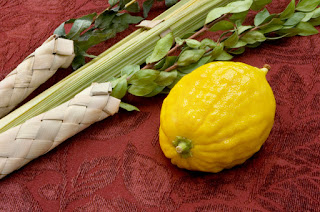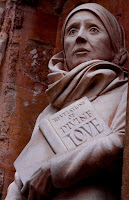Walk Down the Mountain - Parashat Vayishlah
This D'var Torah was given to Herzl-Ner Tamid Synagogue, WA, for Parashat Vayishla h 5778 by Rabbinic Intern Natasha Mann. Walk Down the Mountain I have a friend called Valentine. Valentine is two years old, and is currently in the ‘why’ phase. Perhaps you are familiar with the ‘why’ phase. I, however, have had very few two-year-old friends, and I happen to be a student rabbi, so naturally, I thought that I could answer each ‘why’ with something thought-provoking, inspiring, and educational. I was very wrong about that. I started out strong, but after an hour or so of every answer bringing only a new ‘why’, I decided to try a new tactic. Val said ‘ why is it night-time’, and I said, ‘What do you think?’ This is, of course, when the conversation fell apart. Because Valentine said: ‘Because it is!’ ‘Because it is’. ‘Because it is’ was a perfectly satisfactory answer to Val. But what happened inside me was sort of unexpected. Something in my mind railed against ‘because i

